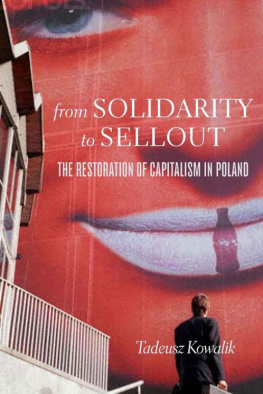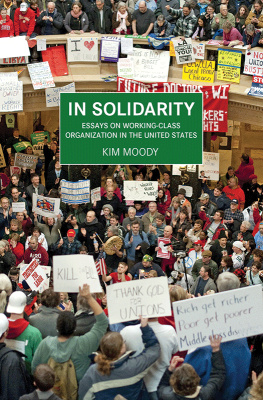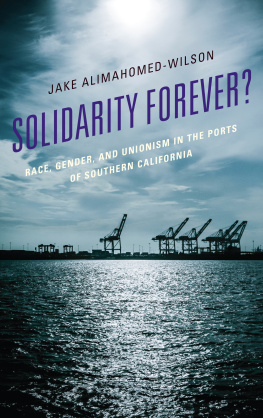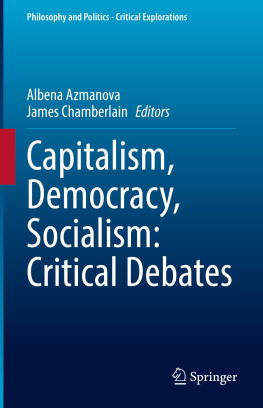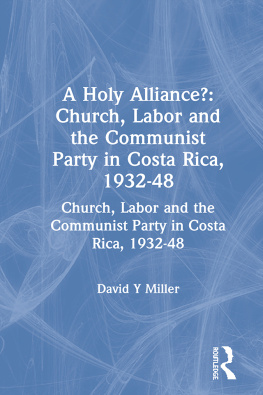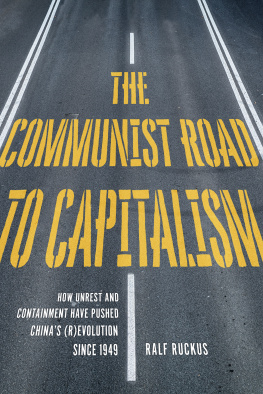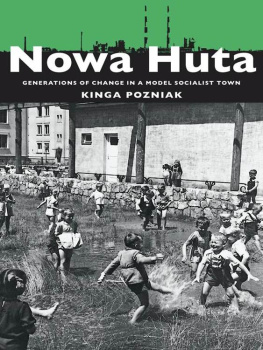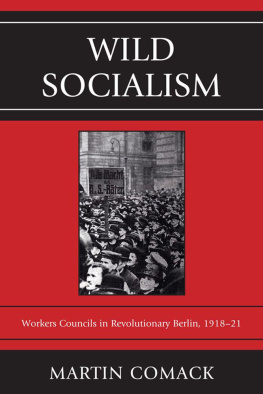From Solidarity to Sellout
from SOLIDARITY to SELLOUT
The Restoration of Capitalism in Poland
by TADEUSZ KOWALIK
Translated by Eliza Lewandowska

Copyright 2011 by Tadeusz Kowalik
All rights reserved
Library of Congress Cataloging-in-Publication Data
Kowalik, Tadeusz.
From Solidarity to sellout: the restoration of capitalism in Poland / by
Tadeusz Kowalik; translated by Eliza Lewandowska.
p. cm.
ISBN 978-1-58367-296-9 (pbk.: alk. paper) ISBN 978-1-58367-297-6 (cloth : alk. paper) 1. Poland Economic policy 1990- 2. Poland--Economic conditions 1990-3. Post-communism Economic aspects Poland. I. Title.
HC340.3.K6854 2012
330.9438 dc23
2012013104
Monthly Review Press
146 West 29th Street, Suite 6W
New York, NY 10001
www.monthlyreview.org
5 4 3 2 1
Content
PART ONE
SHOCK AS THERAPY
PART TWO
ELITIST OWNERSHIP TRANSFORMATIONS
PART THREE
LOOKING AHEAD
Acknowledgments
This book is a kind of synthesis of my many publications about the systemic changes in Poland over the past twenty years. The list of people I am indebted to in writing it is long. Here I shall name only those of the utmost importance. I am most thankful to Warsaws Literary Publishers MUZA S.A. One of its founders, Stanisaw Stpie, commissioned the writing of this book, outlining its general contours. The publication was combined with setting up an inventive website (www.polskatransformacja.pl), containing many documents that are important for understanding the course of systemic changes in Poland during the past twenty years. Two other significant books on related subject matter are also being promoted at this time: The Shock Doctrine by Naomi Klein and The Defeat of Solidarity by the leftist U.S. political scientist David Ost (both books are presented in the website). All this has encouraged a kind of coming out of a niche current until now pushed to the sidelines (the Polish political scene is nearly entirely dominated by two right-wing formations). It is thanks to MUZA that my name is among the first six on the list of fifty authors most frequently quoted in books, according to the business newspaper Gazeta Bankowa. And in the commentary to this ranking, described as the only socialist among well-known Polish economists, which is stated as a matter of fact and without putting any blame on me for this.
The book was written at the Institute of Economics of the Polish Academy of Sciences, of which I am a member. The Institute has also financed a considerable portion of the translation costs.
The translation was done by Eliza Lewandowska, whose input has also been substantial in the preparation of the final version of this book, updated from the Polish version published in 2009.
Michael Yates has contributed greatly with his many remarks on how to improve the text not only in its language, but also in content matter, to adjust it to the English-speaking reader. With his questions and comments he has elicited the need for an intercontinental discussion about the various types of capitalism and the effectiveness of its reform.
Introduction
This book is designed as a critical analysis of the results of the Polish transformationfrom a command to a capitalist economyin the years before entry into the European Union (EU). My criticism is based on two interrelated premises: the new socioeconomic order is evaluated here not so much in terms of its economic growth rate and international competitiveness, as in its ability to employ labor and to satisfy the material and cultural needs of the main social groups. This is a radical criticism, one that should help formulate a program aimed at repairing the damages done by the transformation, or at least launch a program debate. I believe that EU entry, and especially the current world crisis, should provoke a general reassessment of the policy of systemic changes and a closer look at the different economic policies that exist within the EU, with an eye toward asking which of these might be applied in Poland so as to meet the needs of Polish society. The realization that the better choices available in 1989 have been lost should now serve to mobilize the Polish people to strive for a better life and social order. I shall return to this matter at the end of the book.
Hopefully, the main thesis of the book does not sound exotic today. In the mid-1990s, I described the Polish socioeconomic order showing that the system created in Poland fails to meet even the basic criteria of liberal-democratic capitalism.
There have been many similarly radical opinions expressed recently. The following is one example.
Mieczysaw Kabaj, who for over fifteen years worked for the International Labor Office in Geneva, writes:
In the years 19902005 nearly 5 million workplaces were eliminated, while the working age population increased by more than 2 million. In effect, Poland has broken every disgraceful record: the employment rate has rapidly declined from 80 percent to 54 percent.... The unemployment rate (16 percent) is the highest among the OECD countries... we have the highest long-term unemployment rate11 percent... the highest unemployment of young people, reaching 3540 percent, the lowest entitlements (encompassing 13 percent of unemployed persons), and the lowest expenditures per unemployed person for active labor market programs.
And sociologist Leszek Gilejko fully agrees with this picture.
How is it possible that a country that has experienced the most massive worker movement in Europe (ten million members of Solidarity in 198081) could treat itself to such a system? I attempt to answer this question as someone strongly associated with this movement at its beginnings, and, in the eyes of some critics, to some extent, at least indirectly, co-responsible for it. For this very reason, this book cannot avoid a personal stamp.
A Sage as Prime Minister (Tadeusz Mazowiecki)
Well, hello there, Tadeusz. I hear youre spreading the word that I have created the most unjust system in Europe. These are the words I was greeted with by former prime minister Tadeusz Mazowiecki (198990) in the vestibule of the building of the University of Warsaw. The occasion for this encounter was a conference of politicians and economists on the subject of Polands expected accession to the European Union. It was attended by several former prime ministers and former and incumbent ministers. Mazowiecki was surrounded by flashing lights and television cameras. The broad smile on his face and the throaty but friendly voice suggested his gracious forgiveness for such leftist excesses. He most probably had in mind the above-mentioned article about the bourgeois epigone revolution. Presumably, this demonstration of no hard feelings was supposed to mean that old friends are to be forgiven for even such an obviously untrue opinion. Which did not rule out a possible urge to maybe lightly mock, if not the author, then at least his opinions.
However, Tadeusz Mazowiecki is capable of going upstream, and so ten years later, notwithstanding the celebratory atmosphere spotlighting the Polish successes, he said at the University of Warsaw: Had I known that unemployment would rise to 19 percent, I would have thought hard over the decisions on economic transformation. If this is so, then there is nothing now that stands in the way of serious reflection over those and later decisions.
I became acquainted with Tadeusz Mazowiecki when we were members of the program committee of the semi-legal Society for Educational Courses in the years 1977 to 1979. And although earlier he had been an MP, I did not see a politician in him (even in one of the letters I wrote I saw in him a sage with a gray beard to whom a young person could turn for help with important existential dilemmas). I saw more of a sage than a politician in him also when, on August 22, 1980, I talked him into going to the Gdask Shipyard to help the strikers reach a compromise with the authorities. To me, he was more a public authority than a political strategist for negotiations. He asked why dont Geremek and myself go? Thus, eight days and some of the nights we spent with the strikers created particularly strong bonds, or so it seemed at the time. I thought that on a miniature scale this is how lasting cooperation is born above divisions, between a Catholic personalist and a chronic leftist.
Next page
